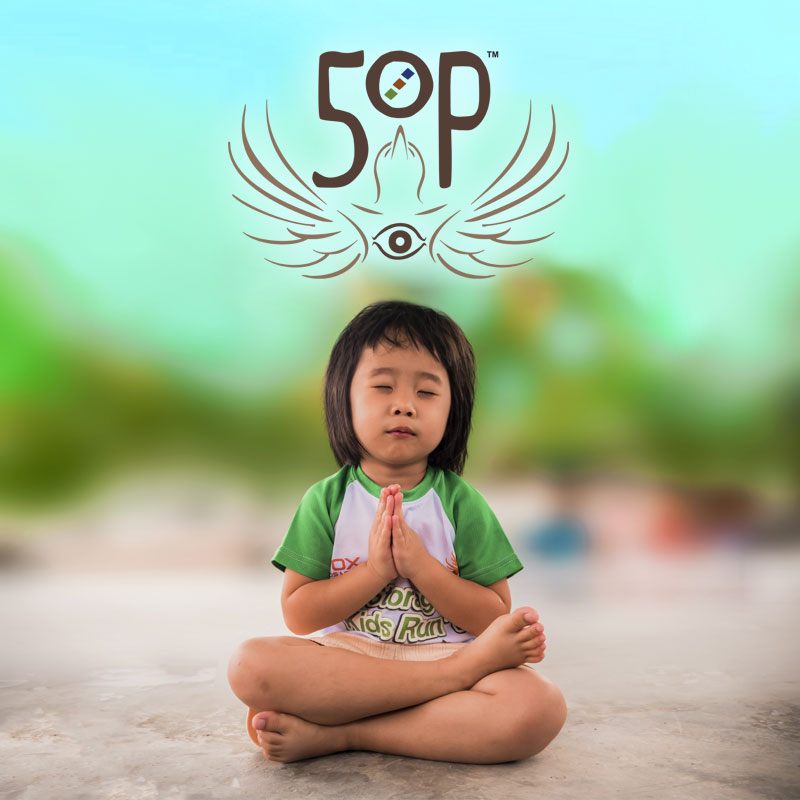
Over the past few weeks I’ve identified a framework for being your own #1, and provided 10 examples of why we sometimes fall short.
Now it’s time to discuss strategies that can aid us in our quest for oneness.
An important first step is realizing and accepting a reality that I mentioned in a previous article “It’s about ALL of us.”
“We don’t get to choose where we start life. We don’t get to select our bodies or brains. We don’t get to pick our families. As youngsters we are swayed by influencers who are selected by circumstance, some good, some bad. However, we come into existence entirely equal… No one more or less perfect, or deserving than others.”
The WHOLE YOU has always been there. Here are 12 strategies to own that:
ALWAYS be learning
Way beyond the accumulation of knowledge, being an active learner is about enhancing our perspectives and understanding of the world around us. The more we train ourselves to observe and absorb the bigger picture the more things make sense, and levels of confusion, fear and stress begin to subside.
Be honest with yourself
We shouldn’t deny who we are in contrast with who we “want” to be. The two must go hand-in-hand for us to remain physically and mentally balanced. Lying to and suppressing ourselves only distances us from what we’re capable of achieving in life. Be true to you!
Reconcile with your past
The past is important only in the sense that it’s helped shape who we are today. However, the influences we’ve been subjected to and the subsequent actions we’ve taken in our past should NOT define who we are in the present, and it certainly doesn’t have to be an indicator of what’s in store for our future. There’s always opportunity to grow if we look at our past as a lesson and then put it behind us.
Be at peace with your mistakes
Elevated levels of selfish pride lurking inside us can drive us to deny and defend our shortcomings. Unfortunately this seems all too common. Instead of justifying our mistakes and stewing in them, they should be seen as learning opportunities and catalysts for personal growth (they are part of our pasts after all). If we’re accountable for our mistakes, we can make peace and move on.
Be grateful for what you have
It’s undeniable in this world of excessive consumption that there is an extraordinary difference between the “haves” and the “have not’s.” However, there are greater dimensions to what we have than just reveling in possessions. We have ourselves and we have each other, which are both facts we should express gratitude for. As for the stuff we possess, no matter how much, it is all a meaningless burden if we fail to appreciate its importance and utilize it.
Realize that you’re capable of, and deserve more
Poor support and guidance in our formative years, limited levels of self-confidence, and excesses of fears and stressors in adulthood, can create the perfect shitstorm for self-defeat. Regardless of where we are on the spectrum of self-confidence, it’s important to realize that we ALL deserve love, nurturing, respect, inclusion, companionship, recognition, equal rights, peace, security, self-worth, wellness, air, water, food, and shelter… That includes YOU!
Take stock of your physical and mental health
Our body and mind, the tools we’ve been given in life, are only as good as the care we put into them. This is NOT to say go on a crash diet, or don’t have that next beer, or go run a marathon. Going to physical excesses or denying ourselves indulgences can be just as unhealthy as slacking through life. What’s important is mastering our unique health needs and engaging in necessary self-care.
Seek guidance from a neutral professional
If this option is available to you, use it, use it, use it… when you feel the itch to turn to someone. It’s not about seeking “help.” It’s about utilizing the resources at our disposal in the quest to achieve balance in our physical and mental health. Friends and family can only provide so much because of the personal connections we share with them. A neutral professional can offer impartial perspectives that those closest to us cannot. Reaching out is healthy when needed!
Refine your actions
Being so stubborn as to repeat the same actions that continuously land us in pools of our own drama is an affliction. It’s an affliction on ourselves and an affliction upon those closest to us. Learning to refine our actions, tones in our responses, thoughts in our decision making processes, the manner of our reactions, etc., is of extraordinary significance when taking ownership over ourselves.
Laugh a lot
Humor is nourishing. According to the Mayo Clinic laughter stimulates our organs, activates and relieves our stress response, soothes tension, improves our immune systems, relieves pain, increases personal satisfaction, and improves our moods.1 Laugh healthily and a lot (with a little respect and consideration for others present). Laugh with each other, laugh at each other, and laugh at yourself!
Soften your emotions
Emotions are exceptionally important and an essential part of being human. However, our emotions can get us into as much trouble as they can good. If we think about softening our emotions, and NOT controlling them, we create space for adjustment and growth. The range of emotions is vast and unique to each of us, but we all possess and can grow our emotional intelligence.
Humble yourself
“I’m so tough and so bad, I can be humble and lift another guy up.” – Mr. T
There’s nothing wrong with celebrating our achievements… that is until celebration leads us to rubbing it in others’ faces. Doing so is a petty sign of our own insecurities. We need to lift each other up and be influential, not cut one another down or act the braggart in the wake of our success.
It’s important to recognize and exercise strategies for self-healing… But it’s not necessary to leap into the deep end all at once. Doing so can be overwhelming and self-limiting.
However, the goal we should have in mind throughout our journey is smoothing the hard edges in our lives, reducing physical and mental stress, and developing a healthy confidence.
In the next installment, I’ll revisit ways in which we are not being our own #1, covering just a handful more. The final article in this series will deliver more strategies for achieving oneness.
If you have any ideas of your own to share please do so in the Comments section below!
In order to leave comments you will need to register… The link is at the top of the page.
Requiring registration helps KEEP SPAMMERS OUT of the conversation.
Citations:
- “Stress Relief from Laughter? It’s No Joke.” Mayo Clinic, 2019, www.mayoclinic.org/healthy-lifestyle/stress-management/in-depth/stress-relief/art-20044456. Accessed 27 Nov. 2019.
ALL articles in this series:
Be your own #1 (part 1 of 5) – Introduction & Signs that we have work to do
Be your own #1 (part 2 of 5) – 5 more Signs we’re not being our own #1
Be your own #1 (part 3 of 5) – 12 Strategies for taking ownership
Be your own #1 (part 4 of 5) – The last 5 Signs we’re not being our own #1
Be your own #1 (part 5 of 5) – 12 more strategies & conclusion

Elevate your website’s quality with ToolBox Hub! Our suite of SEO, text, and image tools is designed to enhance every aspect of your online presence. Make your site irresistible to both search engines and audiences. Experience the uplift with ToolBox Hub today.